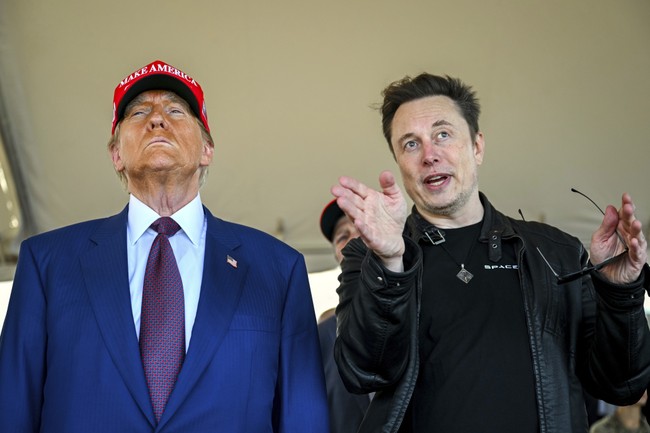Trump Plans to Tackle Education: Executive Order Ahead?
The Trump administration's consideration of dismantling the Department of Education through an executive order represents a dramatic shift in federal education policy, stirring both support and controversy.
Published February 05, 2025 - 00:02am

Image recovered from townhall.com
In a significant move that could reshape the landscape of American education, the Trump administration is contemplating the dismantling of the Department of Education. According to sources familiar with ongoing discussions, White House officials are weighing the prospects of an executive order aimed at closing or repurposing functions within the department that are not explicitly defined in statutory mandates. Such a reorganization reflects the administration's intent to decentralize federal influence over education and empower state authorities, continuing a longstanding conservative pursuit of minimizing federal roles in local schooling.
Conservative critiques of the Department of Education have often centered on its size and perceived overreach in areas such as student loan forgiveness and anti-discrimination policies extended during the previous administration. The Heritage Foundation's Project 2025, supported by key conservative figures, has prominently called for the abolition of the department, aiming to reduce what they perceive as bureaucratic deadweight that hampers both economic efficiency and educational effectiveness.
The Trump administration's agenda underscores a broader initiative led by the Department of Government Efficiency, chaired by billionaire entrepreneur Elon Musk. This department seeks to pinpoint wasteful practices and reduce excessive spending within various federal agencies. Previous actions under this initiative have already seen the USAID reduced to its bare bones, a precursor to the targeted downsizing of the Education Department.
Elon Musk's involvement as an advisor to the administration and his outspoken support for education reform have further amplified the administration's plans. Musk's commitment to cutting bureaucracy, alongside his technical innovations, provides both symbolic and operational clout to the endeavor. The proposed restructuring of educational governance is drawing significant attention, both for its potential impacts and the symbolic dismantling of liberal policies perceived to have been advanced under past administrations.
Complicating the execution of these plans, however, is the nomination of Linda McMahon as the new Education Secretary. Some conservative strategists argue that executing an executive order before her confirmation could risk unnecessary political friction in the Senate, where her ethics paperwork is still under review. This strategic calculus involves evaluating the timing of administrative actions so as not to jeopardize other political objectives.
Furthermore, Republicans in Congress have introduced legislation that aligns with the executive's objectives, aiming to terminate the Department by the end of 2026. Such legislative efforts, complemented by Trump's executive actions, illustrate the breadth of support within the Republican Party for a transformative reimagining of the educational establishment.
While efforts to defund the Department and restrict its functions may align with stated goals to improve efficiency, they bear potential risks. Critics argue that such changes might destabilize funding structures critical for education programs that address inequalities, support disadvantaged communities, and promote inclusivity. These contentious elements ensure that the proposed dismantling will remain a focal point of political debate, reflective of wider cultural and ideological divides in American society.
Therefore, as discussions continue and the administration deliberates its next steps, the implications of these proposed changes for students, educators, and state systems remain uncertain. What is clear, however, is that the path forward will likely involve navigating complex political waters, balancing reformative aspirations with legislative realities.





